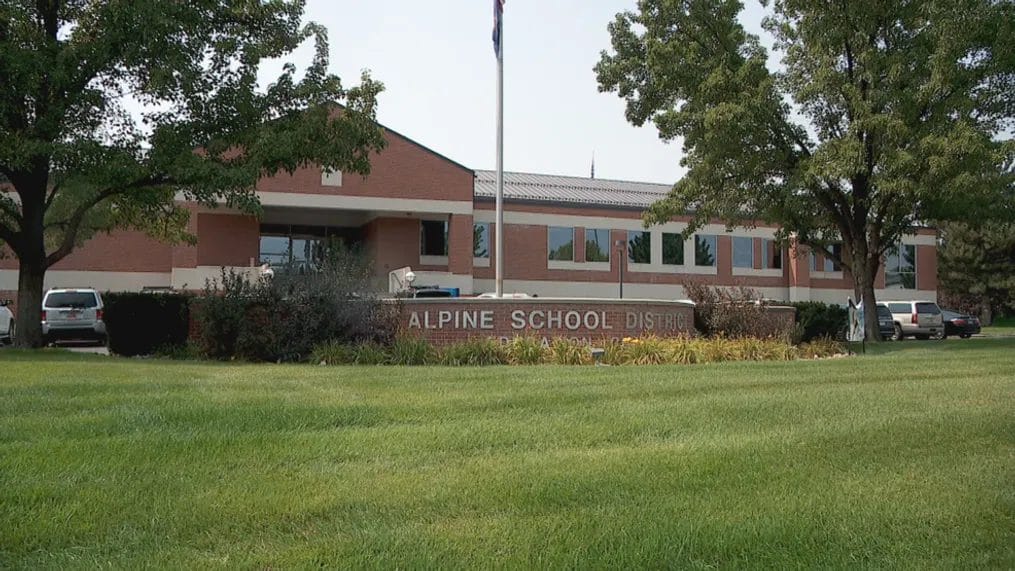On September 21, 2023, the U.S. Department of Education’s Office for Civil Rights announced it had resolved a Title IX compliance review of the Alpine School District in Utah.
The compliance review examined whether the District responded to employee-to-student and student-to-student sexual assaults during particular school years in a way that was consistent with Title IX. Specifically, OCR evaluated whether the District:
Adequately disseminated notice of its Title IX duty not to discriminate on the basis of sex;
Designated a Title IX coordinator, and notified the school community about that person’s name and contact information; and
Provided prompt and equitable grievance procedures and responses to possible sexual harassment.
OCR identified eight Title IX violations and three “concerns” about the District’s procedures and how they were implemented. Each of these can be framed as a reminder for schools, colleges and universities looking for takeaways from this case.
-Designate a Title IX Coordinator and train them adequately to perform their responsibilities.
-Share the Title IX Coordinator’s name and contact information with students and employees.
-Adopt Title IX grievance procedures that provide for the equitable resolution of complaints with adequate, reliable, and impartial investigations, and publish them so they are available to your school or campus community.
-Take appropriate steps to investigate complaints and reports of sexual assault, including determining whether the assaults created a hostile environment.
-Offer and provide interim measures to students who report that they were sexually assaulted.
-Notify harassment students or their parents about the outcomes of investigations
-Take steps to effectively prevent recurrence of the harassment, eliminate the hostile environment, and remedy its effects.
-Maintain sufficient records of responses to complaints to ensure compliance with Title IX.
-Provide adequate training to employees responsible for Title IX compliance, including those who conduct investigations and facilitate resolutions.
Notably, one of the “concerns” that fell short of a violation is whether the District responded equitably to sexual assaults that occurred outside of school but created a hostile environment for students in school. The current Title IX regulations, last revised in 2020, generally require that a school respond to sexual harassment that takes place in its “education program or activity.” Conduct that occurs off-campus or off school grounds is out of scope for Title IX if it is outside of the “program or activity,” so not at a school-related or school-sponsored event.
Withdrawn guidance from the Obama administration’s Office for Civil Rights made the very same point that is found in the proposed regulations, and hinted at in this resolution letter: off-campus sexual harassment, including sexual assault, may create a hostile environment for students in school. The current regulations do not provide for this analysis, and specifically reject it in the preamble discussion preceding the regulations.
If (or when) the proposed regulations become final, this analysis of off-campus conduct contributing to or creating a hostile environment in school will be standard. But even before then, schools should take notice that enforcement is already considering responses to off-campus conduct as relevant in a Title IX compliance review.
The resolution agreement with the District includes the expected elements, and more: required training for students and employees, a survey to assess the effectiveness of the training for staff, a review of existing case files, policy and procedure updates, designating a Title IX coordinator, and climate surveys.
The climate survey requirement is threefold:
-An annual, age-appropriate climate survey of students in grades 3-12,
-A biennial climate survey of parents and guardians, and
-A biennial climate survey of District employees.
The District will analyze the results on a biennial basis and will submit action plans about actions taken in response to the results to OCR for review.
The OCR letter is here, and the resolution agreement is here.
Grand River Solutions subject matter experts can review your policies and practices, train your school employees who are tasked with responding to and investigating complaints, and conduct a climate survey, including analyzing the results and providing meaningful recommendations.

